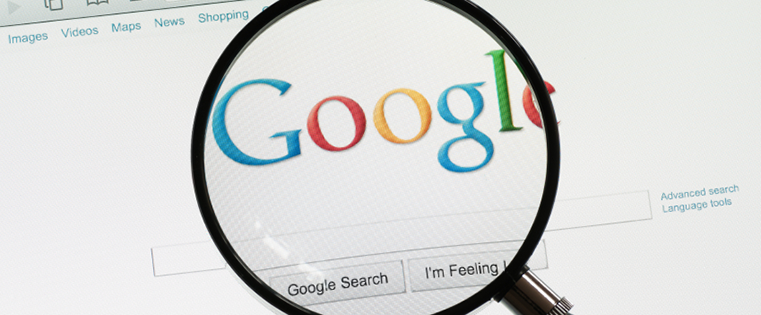Searching for a solution
June 28, 2017 | Expert Insights

The European Union antitrust regulators have slapped Alphabet (Google) with a record $2.7 billion fine. This is the verdict on the first of three investigations currently being conducted on the search giant.
The fine has elicited criticism from some quarters with a few alleging that the European body has a bias against American companies like Google.
What are the antitrust charges?
The European regulator has accused the search engine company for using its dominance in the industry for pushing its own advertising business. Google, the EC has noted, uses its considerable clout to promote its own services at the cost of other businesses and companies. European competition commissioner, Margrethe Vestager has also said that by limiting the ability of its competitors to place advertisements in third party websites, Google is hindering competition further.
In July 2016, the EC levelled a third antitrust charge against Google.
Much of Google’s revenue comes from two advertising programs called AdWords and AdSense (Google’s annual revenue stands at $90 billion). Both of these programs have been under EC’s scanner since 2010.
How will this harm Google?
Google will now be locked in a back and forth with EC for years to come and may have to comply with the rules laid out by EC. Its search algorithm, which is one of the most guarded platforms in the world, will now be regularly monitored. A number of other businesses that fall under Google such as its mobile phones might also become vulnerable for further regulatory action.
But most importantly, this will make it easier for companies to file civil lawsuits against Google as the standard of proof has been eased with this ruling. Vestager has herself said that this ruling can be used as a framework against the multiple investigations taking place based on similar complaints.
On the heels of the ruling, Google’s reportedly lost $5.8 billion and its shares fell by 2.5%. Google, for its part, has repeatedly stated that it had followed the letter of the law and that its practices were ethical and fair.
Protectionism
This isn’t the first time a heavy fine has been levied against a business by EC. Intel was fined $1.2 billion on charges of antitrust in 2009 and Microsoft has paid $1.8 billion in multiple fines. Intel is still fighting its charges, however.
Given that Intel, Google and Microsoft are all American companies, a few have accused EC of protectionism (i.e favouring European companies). But Vestager vehemently denied this and said that analysis shows that US companies were not being disproportionately targeted. In 2016, German company, Dailmer, was fined over $1 billion.
Analysis
Google has come under similar scrutiny before even with American authorities. In 2013, it settled its case in America without having to pay any penalties and by simply agreeing to change some of its practices. A number of online companies have had problems with the Google search engines and have made repeated complaints in the past. Some of them include, US sites Yelp, TripAdvisor and UK sites like Foundem. If Google does not comply, then it will have to pay $12 million a day until the fine is paid. Google’s legal counsel has said that the company intends to fight the charges.
Assessment
Our assessment is that EC has positioned itself as a watchdog for digital services in the region. While, this fine is just a small percentage of Google’s annual revenue, it will still be a massive set-back for the company. Not only is it looking forward to years of litigation but its services have now become more vulnerable. Google can’t afford to ignore or pull out of Europe either as one-third of its total revenue ($30 billion) comes from the region. And with this ruling, other companies like Facebook and Amazon will most likely begin working on contingency plans for when they are faced with a similar situation.








Comments